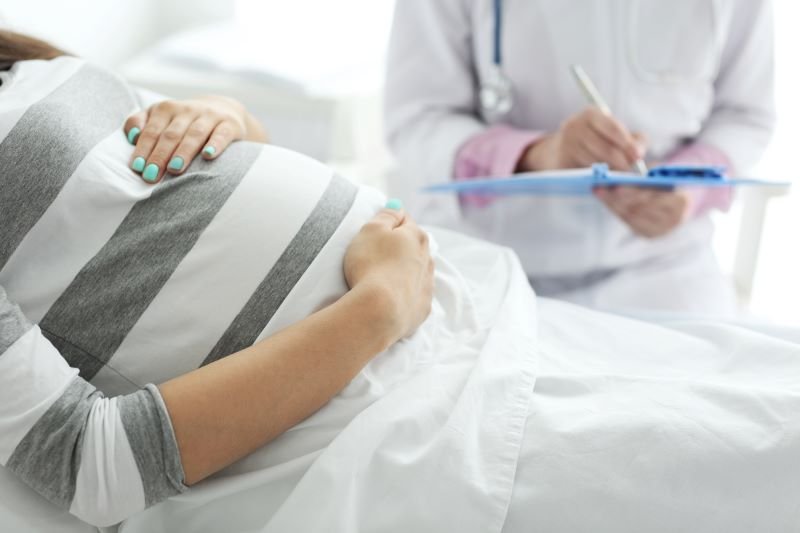
A new hormonal gel could one day be a potential form of birth control for men, researchers reported Sunday. “The development of a safe, highly effective and reliably reversible contraceptive method for men is an unmet need,” senior study author Diana Blithe, chief of the Contraceptive Development Program at the National Institutes of Health, said… read on > read on >






























